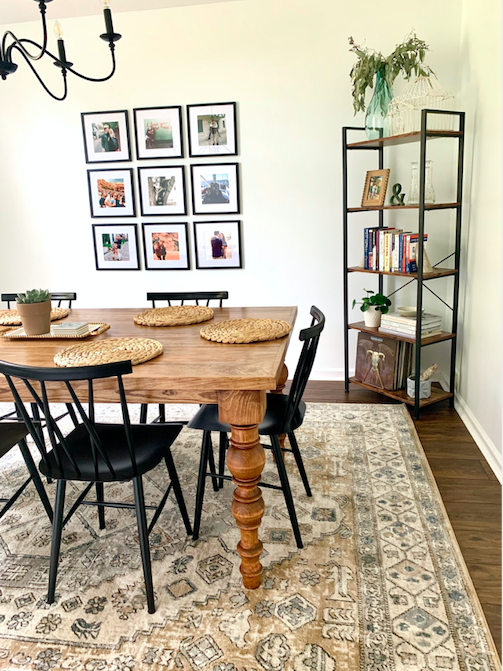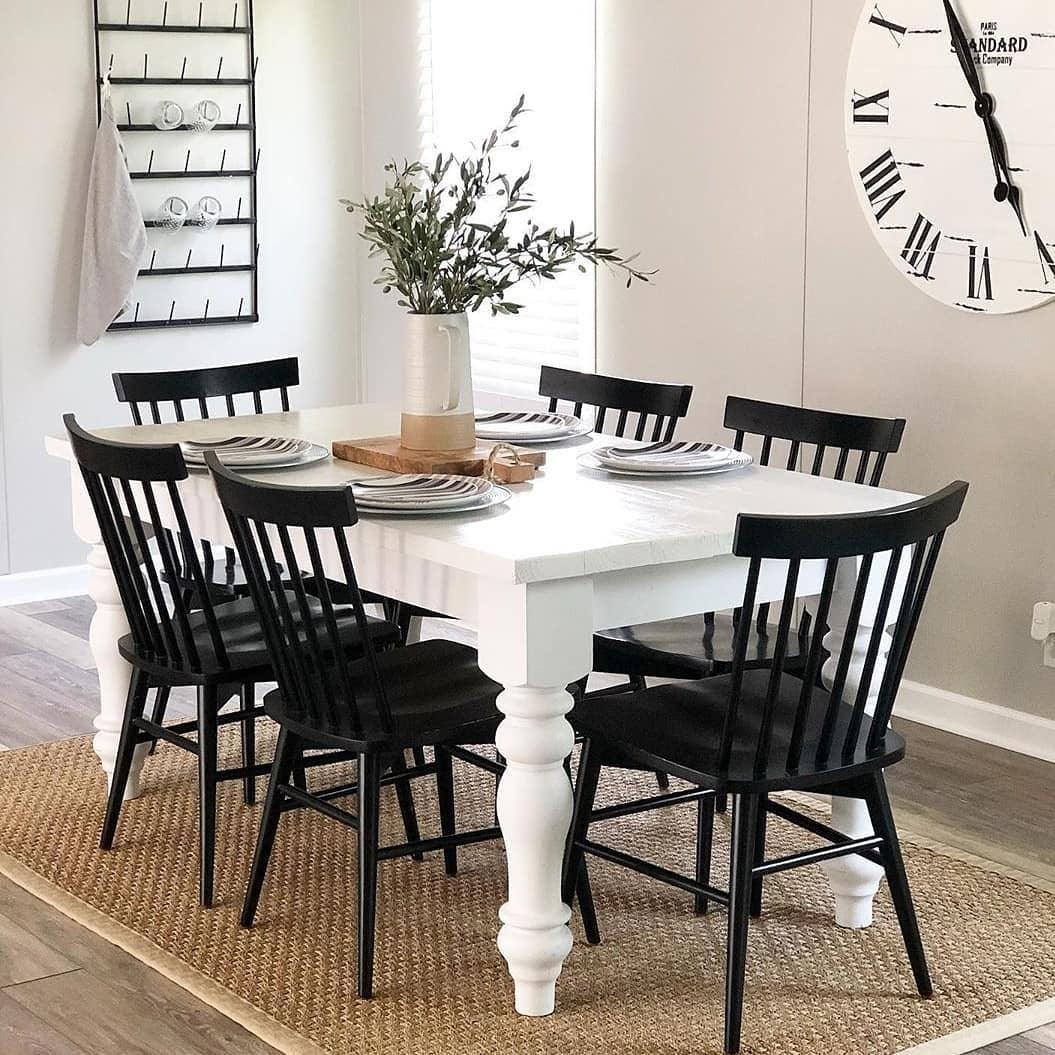Why Custom Dining Room Table Legs Are Worth the Investment
Why Custom Dining Room Table Legs Are Worth the Investment
Blog Article
Professional Tips for Setting Up Dining-room Table Legs for Maximum Stability
When it concerns installing eating area table legs, attaining optimum stability is paramount for both performance and aesthetics. The procedure starts with selecting the ideal products and hardware, complied with by meticulous positioning and factor to consider of weight distribution. Each action plays an essential duty in making sure that the completed item endures day-to-day use without jeopardizing safety and security or layout honesty. However, understanding the nuances of these components can considerably affect the total outcome. What details methods can enhance security also better?
Pick the Right Legs
When selecting the proper legs for your dining space table, it is vital to take into consideration both performance and aesthetic appeals. The legs you select will significantly impact the total style and security of the table. Assess the table's intended usage; if you anticipate frequent events, tougher legs, such as those made from strong timber or steel, may be much more ideal, as they offer boosted toughness and assistance.
Standard dining tables usually range from 28 to 30 inches in elevation, so guarantee the legs align with this criterion for comfort. Conical legs can include a modern touch, while transformed legs could convey a more classic aesthetic.

Select Appropriate Hardware
Exactly how can the appropriate hardware improve the security and durability of your dining-room table? The option of suitable hardware is crucial to ensuring that the legs of your table are securely connected and able to hold up against routine use. Top quality screws, bolts, and brackets provide the necessary toughness to sustain the weight of the table, in addition to any kind of extra tons put upon it throughout gatherings or meals.
When selecting screws, choose for those made from durable materials such as stainless steel or brass, which resist corrosion and preserve integrity gradually. The length of the screws is similarly essential; they need to pass through deeply into the table's framework without compromising stability. For bolted links, think about using lock washers to avoid loosening up as a result of resonance or movement.
In addition, making use of corner brackets can include extra support, especially for bigger tables or those with heavier tops. These brackets distribute weight equally and help preserve the table's form. Ensuring that the equipment you select is appropriate for the certain products of your table will further boost its overall security and durability, allowing you to appreciate your dining experience for years ahead.
Ensure Correct Placement
Proper alignment of dining area table legs is necessary for both visual allure and functional security. To achieve ideal positioning, start by measuring the range from the table's edges to the leg attachment points.
Utilize a level during setup to verify that each leg is vertical to the table top. It is advisable to note the preferred leg settings on the underside of the table with a pencil or covering up tape prior to protecting them.
Additionally, double-check the alignment after the initial screws are tightened up, as modifications might be required prior to completely safeguarding the equipment. By prioritizing appropriate alignment, you not just boost the table's overall layout however go to website also make sure that it continues to be practical and stable for several years to come.

Think About Weight Circulation
After making certain appropriate placement of the dining room table legs, it is very important to think about weight circulation to enhance stability and performance. dining room table legs. Correct weight distribution is critical in preventing tottering and making certain that the table can sustain its designated tons without risk of tipping or falling down
When placing the legs, ensure they are placed at equal distances from the center of the table to equally disperse the weight throughout the framework. Take into consideration the weight of the table top and any kind of items that will often relax on it, such as ornamental pieces or tabletop devices. look at these guys Tables with larger surface areas must preferably have legs located closer to the edges, as this takes full advantage of the base of support and minimizes the risk of instability.
Furthermore, if the table is planned for usage in a high-traffic location, take into consideration using heavier products for the legs or including supporting elements, such as cross-bracing or a lower shelf - dining room table legs. These changes can assist keep balance and avoid moving during usage. Inevitably, a well-considered weight distribution strategy will substantially improve the table's total efficiency, guaranteeing it remains a practical and eye-catching centerpiece for your dining space
Examination Security Before Use
Evaluating the security of the eating room table before use is a critical step that must not be ignored. If the table reveals instability, identify the legs or joints that may require modification.
Next, check that all fasteners and screws are tightened up appropriately. Loosened connections can result in instability and potential damage in time. If needed, use timber glue on joints to boost stability, making sure to enable sufficient drying out time.

Verdict
Finally, the installment of dining room table legs requires careful consideration of products, positioning, weight, and equipment distribution to accomplish maximum security. By choosing durable legs and premium fasteners, making certain specific placement, and distributing weight uniformly, the structural stability of the table can be significantly enhanced. official statement Conducting a security test prior to routine use additionally guarantees that the table will certainly stand up to everyday pressures, therefore supplying a dependable and safe eating experience.
When it comes to installing dining area table legs, accomplishing optimum stability is vital for both functionality and aesthetic appeals. The legs you choose will dramatically impact the general layout and stability of the table (dining room table legs). Common eating tables typically vary from 28 to 30 inches in elevation, so guarantee the legs align with this requirement for convenience.Appropriate positioning of eating area table legs is vital for both visual charm and useful security.In final thought, the setup of eating room table legs calls for mindful factor to consider of materials, equipment, weight, and placement distribution to achieve maximum stability
Report this page